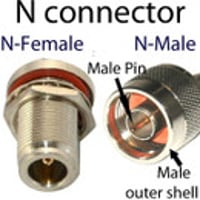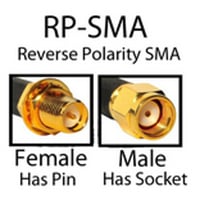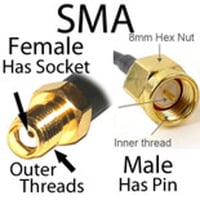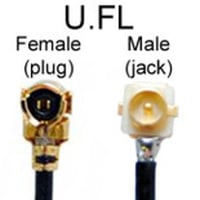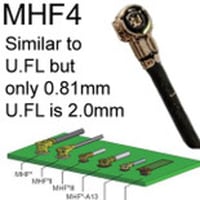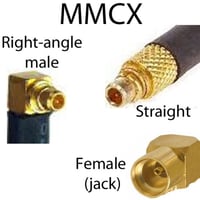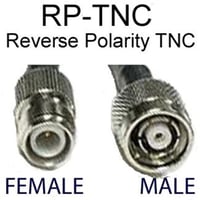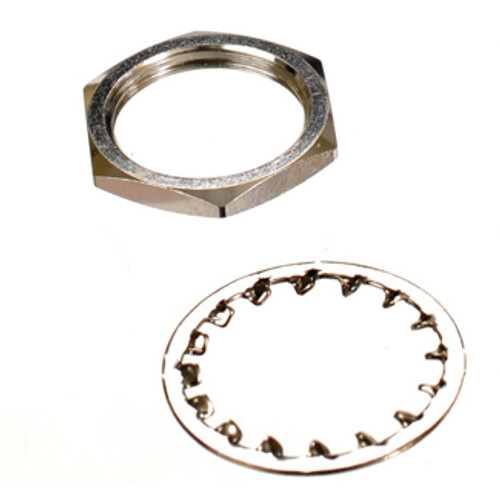Bulkhead Nut & Washer for N-female: Rustproof Nickel-Plated Brass
- SKU:
- BHNN-BHWN
- Availability:
- In stock
- Weight:
- 0.01 LBS
Data Alliance
Bulkhead Nut & Washer for N-female
Rustproof bulkhead nut and washer for N-female connector, to mount connector on enclosure or PCB
All cases that we have seen of rusting/corrosion involving N-female (bulkhead type) connectors have been only the washer that rusts or corrodes. Therefore we sell a rustproof washer as a separate item, that is made of brass with nickel plating so that it will not corrode when exposed to weather for years.
The nut is nickel-plated and rustproof. The thickness of nickel plating is 0.5mm. We have never seen a case of the nut rusting: It will not corrode.
The purposes of the bulkhead nut & washer are to:
- Enable the connector to serve as a mounting device, such as to mount the cable to an enclosure, case or Printed Circuit Board (PCD).
- Weatherproofing: Seal the hole where the connector is mounted, by placing an O-ring between the wall of the enclosure and the O-ring.
The bulkhead does not in any way interfere with the ability of a female connector to properly "mate" with a male connector: In other words, a female connector with a bulkhead mates/connects exactly as well as a female connector without a bulkhead.
RoHS and REACH compliant: All of our antenna cables and RF adapters are from of heavy metals and compliant with RoHS and REACH.
Nickel, Nickel-plate and Nickel / Brass Alloy for Rust-Proofing
Rust Proofing and Corrosion protection can be achieved by:
- Regular maintenance
- Using rust resistance alloys
- Powder coating
- Galvanization
- Organic coating
- Bluing
For components that are exposed to corrosion due to being used outside, rust proofing with rust-resistant alloys, galvanization, and powder coating is the most effective method of corrosion protection.
Nickel
For components made of a material such as steel, a thin layer of oxidation resistant material applied on the surface can prevent corrosion. However, manual application can easily be scraped off, hence the use of bonding. Bonding a metal such as nickel to the surface of the component makes it more rust proof as it will not be scraped off. Nickel forms a layer of nickel oxide on its surface and will not decompose any further, thus providing corrosion-protection and making the component rust-proof.
Nickel Plating involves the application of a nickel-plate on a corrosion-prone material. Nickel plating is a robust corrosion protection method that prevents corrosive action from a range of mechanisms such as erosion, chemical attack, rust, and galvanic corrosion. Nickel plating can be used on components made from a wide range of metals that include aluminum, brass, copper, and steel alloys. Nickel plating is currently being used to provide corrosion protection in all manner of industries ranging from railway, marine, automotive, power transmission and distribution, oil and gas, and heavy equipment components.
Nickel / Brass Alloy
It is also known as Nickel Silver though it does not contain any silver. It is a corrosion protection alloy made of 5.5% nickel, 24.5% zinc, and 70% copper. It is a silvery material that is fairly corrosion resistant. The material is used to make rust proof optical equipment, food and beverage equipment, musical equipment and coins among others. Its technical and industrial uses include plumbing fixtures and marine fittings, where its corrosion resistance comes in handy.

